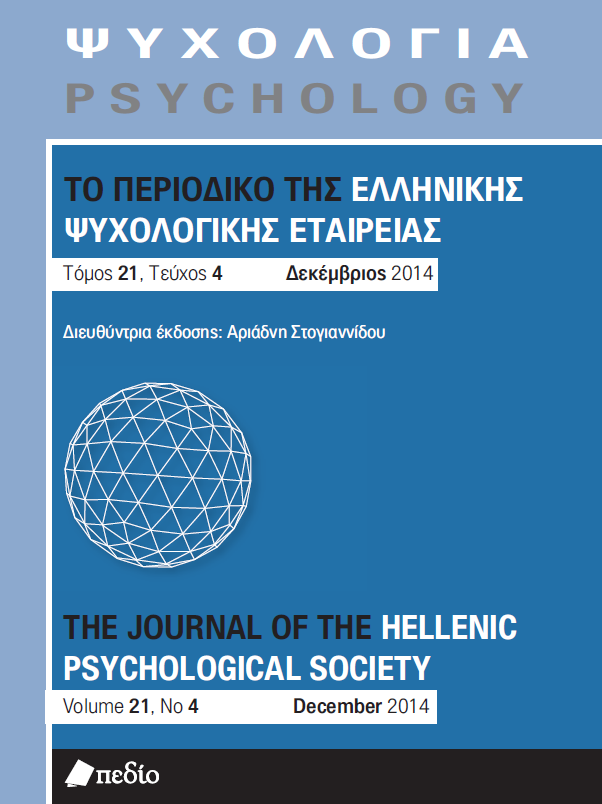Parenting and risk factors in adolescence: The significance of divorce, parental conflicts and negative life events

Abstract
The purpose of this study was to examine whether divorce is a risk factor for parenting adolescents over and above parental conflicts and negative life events. 2083 adolescents, aged 15-17 years, males and females studying in 14 high schools of Attica participated in the study. 12% of these adolescents live with divorced/separated parents. Divorce, parental conflicts and negative life events were examined as risk factors for parenting. Four parenting dimensions were examined: the parent-adolescent bond, the psychological control, the behavioral control and the autonomy granting. Self-reported questionnaires were used, well-known in research, and they were translated to greek language. Results indicated that when divorce was examined as the only risk factor, it put at risk parenting. Over and above the parental conflicts and negative life events, divorce was not a risk factor for mothers’ parenting but it was a risk factor for fathers’ parenting. Also, parental conflicts and negative life events were risk factors for both mothers’ and fathers’ parenting, irrespective of family status. Finally, differences in parenting were found in terms of adolescents’ gender and parental socio-economic status. These results are discussed in terms of their significance in family counselling.
Article Details
- How to Cite
-
Δουκάκου Μ., & Μόττη - Στεφανίδη Φ. (2017). Parenting and risk factors in adolescence: The significance of divorce, parental conflicts and negative life events. Psychology: The Journal of the Hellenic Psychological Society, 21(4), 453–469. https://doi.org/10.12681/psy_hps.23512
- Issue
- Vol. 21 No. 4 (2014)
- Section
- RESEARCH PAPERS

This work is licensed under a Creative Commons Attribution-ShareAlike 4.0 International License.
The journal PSYCHOLOGY adopts a Platinum open-access policy. Submission, processing or publication costs are waived by the Hellenic Psychological Society. Papers published in the journal PSYCHOLOGY are licensed under a 'Creative Commons Attribution-ShareAlike 4.0 International' licence. The authors reserve the copyright of their work and grant the journal the right of its first publication. Third-party licensees are allowed to use the published paper immediately after publication as they wish, provided they retain the defined by the license copyright formalities, regarding the reference to its author(s) and its initial publication in the journal PSYCHOLOGY. Moreover, any adjusted work should be shared under the same reuse rights, so with the same CC license.


